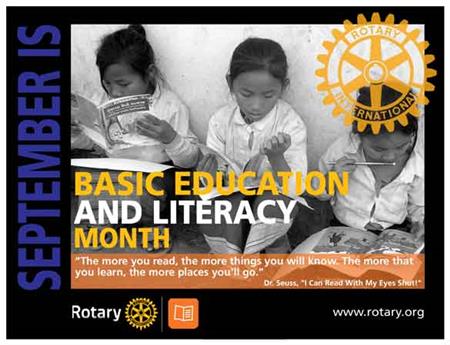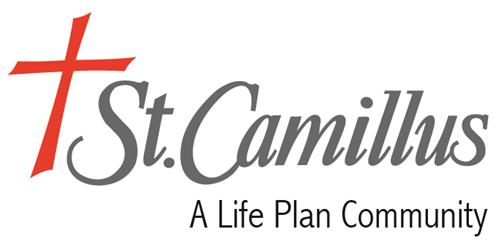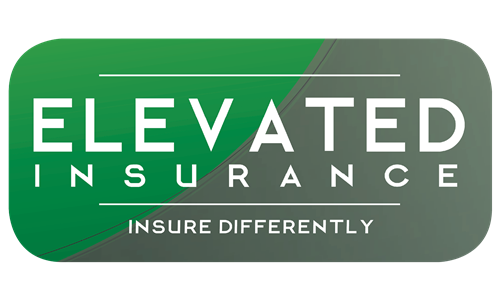
September is "Basic Education and Literacy" month in Rotary. Basic education and literacy is one of The Rotary Foundation’s six Areas of Focus. We know that basic education and literacy are essential for reducing poverty, improving health, encouraging community and economic development, and promoting peace. Read more to understand the challenges.
Consider these facts:
If all women completed primary education, there would be 66% fewer maternal deaths.
A child born to a mother who can read is 50% more likely to survive past the age of five.
If all students in low-income countries left school with basic reading skills, 171 million people could be lifted out of poverty, which would be equivalent to a 12% cut in world poverty.
The world is making good progress in this area. According to a 2014 United Nations Millennium Development Goals progress report, literacy rates among adults and youths are on the rise and the gender gap in literacy is narrowing. But pressing global needs remain:
58 million children worldwide are out of school.
Even after four years of primary schooling, as many as 250 million children cannot read and write.
781 million adults are illiterate.
Rotary supports activities and training to improve education for all children and literacy for children and adults.
TRF Area of Focus Statement of Purpose and Goals:
TTRF enables Rotarians to ensure that all people have sustainable access to basic education and literacy by:
- Supporting programs that strengthen a community’s ability to provide basic education and literacy to all
- Increasing adult literacy
- Working to reduce gender disparity in education
- Funding graduate scholarships for career-minded professionals related to basic education and literacy
The Rotary Foundation considers activities targeting the following to be within the scope of the basic education and literacy area of focus:
- Improving academic outcomes at the early childhood, primary, and secondary levels, in collaboration with local school officials
- Educating adults in reading, writing, and numeracy skills
- Providing professional development opportunities for teachers with a qualified trainer in curriculum implementation, effective instructional methods, or student assessments
- Strengthening basic educational outcomes by providing improved learning materials and facilities supported by enhanced curricula and new professional development for teachers
- Improving academic support for before- and after-school programs by training tutors and teachers, conducting student assessments, and providing equipment if needed
- Supporting educators’ ability to help students with physical or developmental disabilities achieve greater academic outcomes by providing professional development opportunities for teachers and staff, as well as basic educational materials and enhanced facilities if needed
The Rotary Foundation considers activities targeting the following to be outside the scope of the basic education and literacy area of focus and as such are not eligible for global grant funding:
- Projects that consist exclusively of infrastructure, vehicles, or equipment purchases, and training on their use
- Projects that provide salaries, tuition, or school supplies without the means for the community or non-Rotary entity to maintain these in the future
- Projects that purchase only extracurricular or play materials or playgrounds


